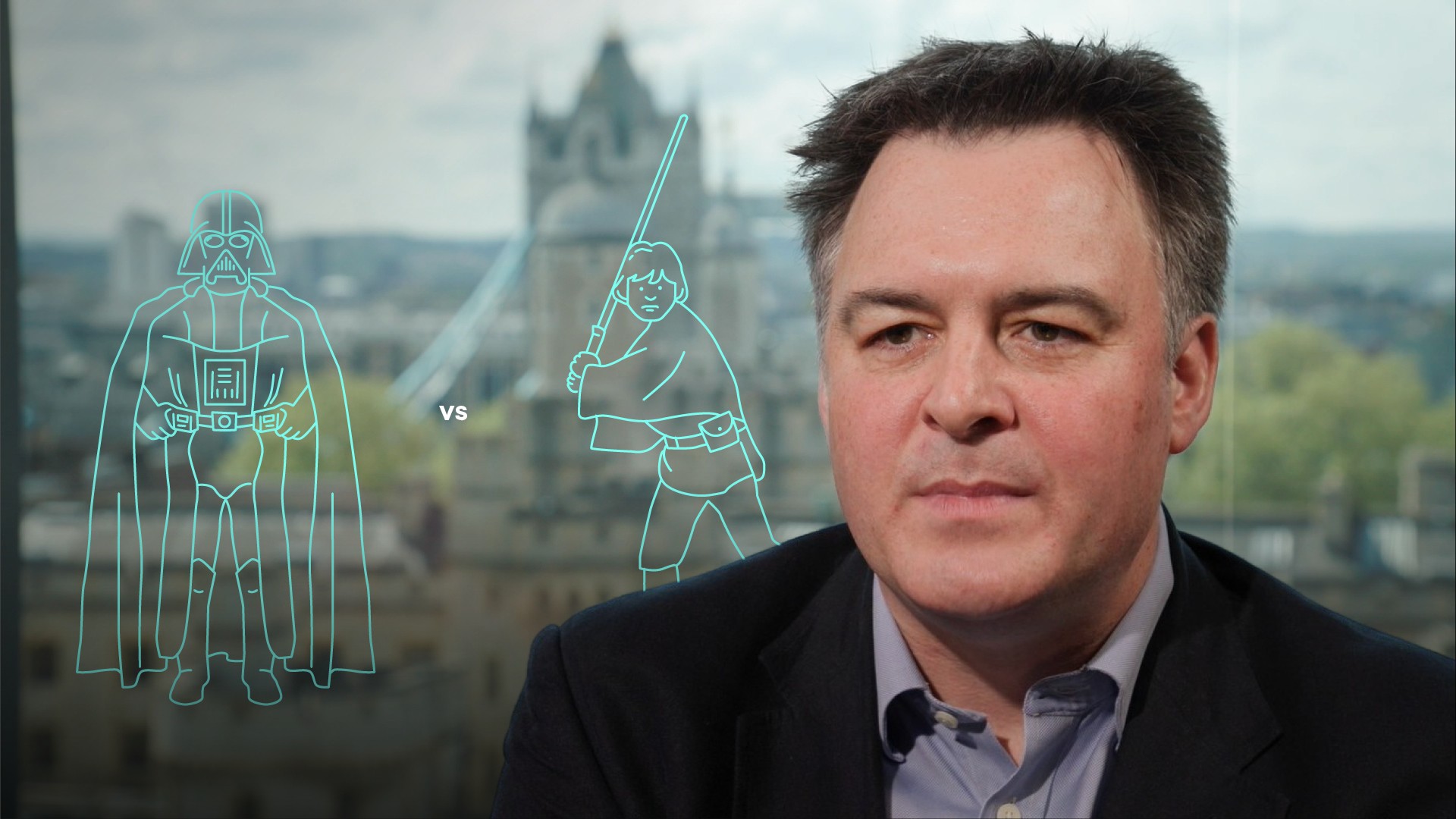
What is Ethics?

Christian Hunt
25 years: Behavioural science & compliance
We’ve all heard of ethics and have an intuitive sense of what it is - but could you define it clearly and precisely? In this introductory video, Christian walks us through why ethics matter to us personally, and even more so to businesses.
We’ve all heard of ethics and have an intuitive sense of what it is - but could you define it clearly and precisely? In this introductory video, Christian walks us through why ethics matter to us personally, and even more so to businesses.

What is Ethics?
9 mins 39 secs
Key learning objectives:
Learn where our sense of ethics comes from
Understand why business should care about operating ethically
Overview:
We’ve all heard of ethics and have an intuitive sense of what it is - but could you define it clearly and precisely? In this introductory video, Christian walks us through why ethics matter to us personally, and even more so to businesses.
How can we define ‘ethics’?
Etymologically, ‘ethics’ is derived from the Greek word ‘ethos’, meaning custom, habit, character or disposition. A more contemporary definition would be “moral beliefs and rules about right and wrong”. In other words, the tools we use to decide whether a course of action is appropriate.
Are we born with a sense of right and wrong?
Research by Yale University’s Infant Cognition Center (or ‘Baby Lab’) has found evidence that babies as young as three months can be shown to have a sense of right and wrong. In an experiment, babies were shown a puppet show, where a cat is seen trying to open a big box. A bunny in a green t-shirt then comes along and helps open the box. The scenario is then repeated, but this time a bunny in an orange t-shirt comes along and slams the box shut before running away.
The baby is then presented with the two bunnies from the show. A staff member who doesn’t know which bunny was mean and which bunny was nice, offers both bunnies at the same time to the baby. The baby’s mother, who is usually present, closes her eyes not to influence the baby in any way.
More than 80% of the babies in the study showed a preference for the good (green) bunny, either by reaching for it or staring at it. That number goes up to 87% with 3-month-olds.
Why would businesses care about operating ethically?
If someone wants to build a sustainable business that has repeat customers, will attract investors, won’t face regulatory sanction, and not suffer negative PR, then it makes sense to operate on an ethical basis.
Customer review websites and social media mean that customers have more power to keep businesses in check with bad reviews. Current and prospective employees are increasingly less likely to want to work for organisations that aren’t ethical, with sites like Glassdoor giving them more insights than ever before.

Christian Hunt
There are no available Videos from "Christian Hunt"

